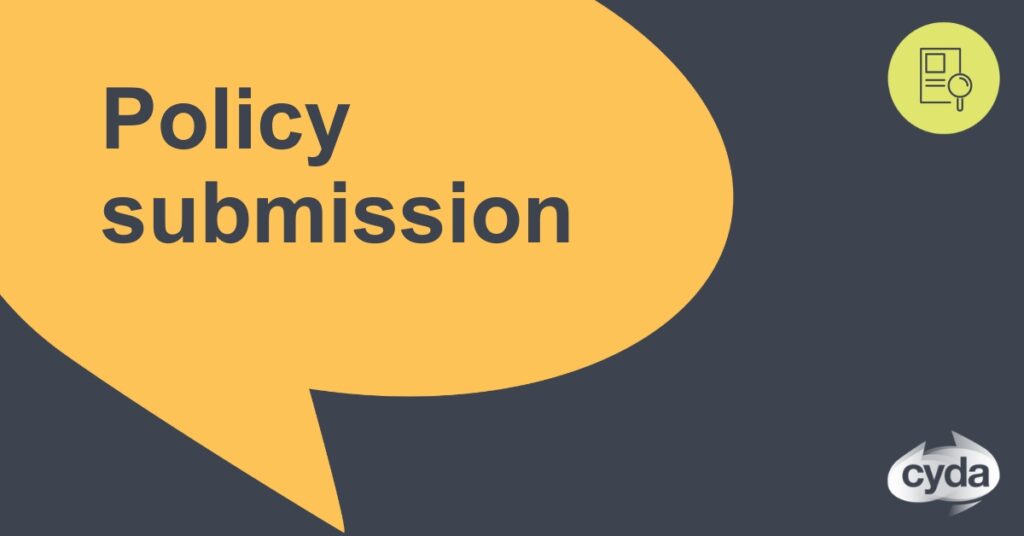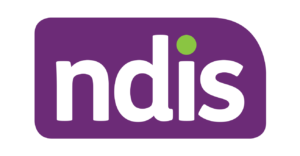Children and young people aged up to 25 make up the largest proportion of all National Disability Insurance Scheme (NDIS) participants (57 per cent). However, the NDIS was borne out of a movement which had a focus on adults with disability, and hence other than the Early Childhood Early Intervention (ECEI) ‘pathway’ there has not been a focus on what supports children and young people as they grow and develop.







